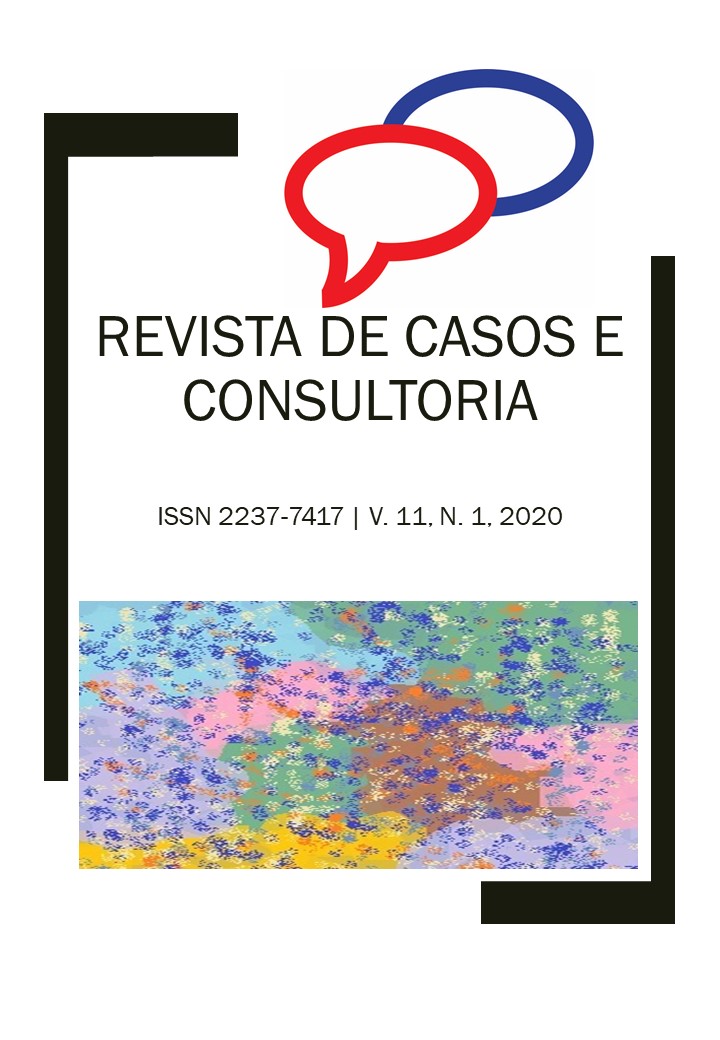Proposal for an educational game for learning Theoryof Queue
Keywords:
Engineering; teaching; Queues and games.Abstract
This study aims to bring a new teaching to improve and expand the way of teaching Theory of Queues in teaching Production Engineering that in most of the country's universities, is made from common and simple-minded way. Through a game, teachers can make their students learn the material in a more clear and not easily forget. The game provides challenging situations and simultaneously competitive, enjoyable and meaningful in the classroom motivates the students to learn, to interact and participate by encouraging colleagues. With this practice enhances the teaching used during class, providing increased quality in teaching and improves receptivity by the students. Given the complexity, breadth and multidisciplinary and transdisciplinary characteristics linked to production engineering, it is for educators constantly dealing with natural challenges the teaching and learning process. The proposal is to bring students to real situations, taking the role of managers so that they can analyze problems and propose improvements to a scenario in which they will face in the future. Given this context and search tools that help the perception and assimilation of concepts by the student body, the game developed fulfills this role successfully. The game, as a strategic alternative to put the teaching into practice is valid, certainly enhances the curriculum of the engineer, making it stand out in situations where you have to abuse your strategy and knowledge.
Downloads
References
ANDREOLA, B. A. – Dinâmica de grupos: Jogo da vida e didática do futuro. 3. Ed Petrópolis, Vozes, 1985.
BELLAN, ZezinaSoares. Livro – Andragogiaemação: Comoensinaradultossem se tornarmaçante. Santa Barbara d’Oeste, SP: Ed SOCEP, 2005.
BIGGE, Morris L. Teorias da Aprendizagem para Professores. Ed E.p.u Pedagogia, 1971.
ERLANG, A.K. The Theory of Probabilities and Telephone Conversations. Nyt Tidsskrift for Matematik B, 20, 33. (1909)
KNOWLES, M. The modern practice of adult education: from pedagogy to andragogy. EUA. Association Press, 1970.
ORGANIZAÇÕES DAS NAÇÕES UNIDAS (ONU), Declaração Universal dos Direitos Humanos. EUA, 1948.
PERRENOUD, Philippe. Livro - 10 Competências para ensinar. 1. Ed Artmed, 2000.
PIAGET, J. “Aprendizagem e Conhecimento”. Rio de Janeiro: Freitas Bastos, 1979.
PRADO, Darci Santos do. Teoria das Filas e da Simulação. Nova Lima (MG): INDG, 2006.
TAHA, HamdyA. Livro – Pesquisa Operacional. 8. Ed Pearson Education do Brasil, 2008.
TRECKER, H. B. Como trabalhar com Grupos; tradução de Evangelina Leivas. 4a. Ed. Rio de Janeiro, Agir, 1974.

 Português (Brasil)
Português (Brasil) English
English Español (España)
Español (España)